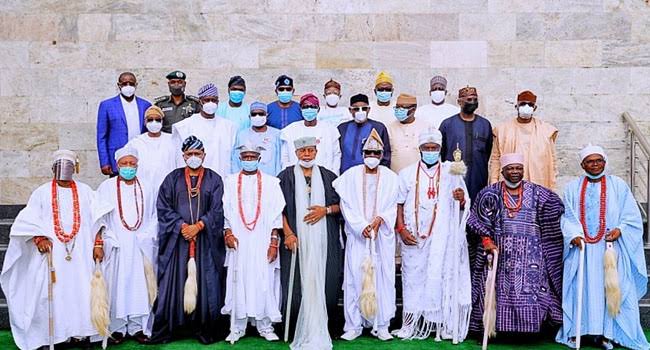Traditional leaders in Nigeria hold significant place within socio-cultural fabric of the country. Their influence extends beyond customary practices and community leadership into realm of education. They play crucial role in supporting and enhancing educational outcomes. This extensive exploration delves into multifaceted role of traditional leaders in supporting education in Nigeria. It examines their contributions. It looks at challenges and potential for future impact.
Nigeria is diverse country with rich tapestry of ethnic groups. Each ethnic group possesses its own traditional leadership structure. These traditional leaders often referred to as kings, chiefs or elders, are respected figures within their communities. They play pivotal roles in maintaining cultural heritage. They resolve disputes and guide community development. Their authority is derived from historical lineage and communal respect. This gives them substantial influence over local affairs. Including education.
One of primary roles of traditional leaders in education is community mobilization. In many Nigerian communities traditional leaders are gatekeepers of local resources. They are custodians of cultural values. They are in unique position to rally community support for educational initiatives. Influencing parents, community members and local institutions to prioritize education.
For instance, traditional leaders can initiate and support community-driven projects aimed at improving school infrastructure, such as building classrooms, providing learning materials, or establishing libraries. Their involvement often leads to increased community participation and investment in education, as their endorsement carries significant weight within the community.
Promoting Educational Access and Equity
Traditional leaders also play a vital role in promoting educational access and equity. In regions where access to education is limited by geographical, economic, or cultural barriers, traditional leaders can advocate for the establishment of schools and educational programs. They have the authority to negotiate with government bodies, non-governmental organizations, and other stakeholders to bring educational resources and opportunities to their communities.
Moreover, traditional leaders can help address cultural barriers to education, particularly in areas where traditional beliefs may impede girls' education or the education of marginalized groups. By endorsing and promoting the value of education, they can challenge stereotypes and encourage families to send their children to school, thereby promoting gender equality and inclusivity in education.
Supporting Educational Policies and Programs
Traditional leaders can influence educational policy and program implementation at the local level. Their involvement can help bridge the gap between governmental education policies and grassroots realities. For example, traditional leaders can provide valuable insights into local educational needs and challenges, helping policymakers design more effective and culturally relevant programs.
In some cases, traditional leaders may work in partnership with government agencies and educational organizations to implement programs that address specific community needs. This collaboration can include initiatives such as school feeding programs, scholarship schemes, or vocational training programs. By leveraging their local knowledge and networks, traditional leaders can enhance the effectiveness and reach of these programs.
Addressing Challenges and Promoting Sustainable Solutions
Despite their significant role, traditional leaders face several challenges in supporting education. One of the primary challenges is the lack of resources and funding. Many traditional leaders operate within communities with limited financial resources, which can constrain their ability to make substantial investments in education. Additionally, the scope of their influence may be limited by political or administrative barriers, particularly in areas where traditional and formal institutions intersect.
Another challenge is the need for capacity building. Traditional leaders may lack formal training in educational management and policy, which can impact their ability to effectively support and oversee educational initiatives. Providing training and resources to traditional leaders can enhance their ability to contribute to educational development.
To address these challenges, a collaborative approach involving government bodies, non-governmental organizations, and community stakeholders is essential. Joint efforts can help secure funding, provide training, and facilitate partnerships that empower traditional leaders to play a more effective role in education.
The Future of Traditional Leadership in Education
Looking ahead, there are several opportunities to strengthen the role of traditional leaders in supporting education. One key opportunity is to formalize their involvement through structured partnerships with educational institutions and government agencies. Such partnerships can create a framework for collaboration, ensuring that traditional leaders are actively engaged in educational planning and implementation.
Additionally, leveraging technology and innovative approaches can enhance the impact of traditional leaders in education. For example, traditional leaders can use digital platforms to advocate for education, share information, and mobilize community support. Incorporating traditional knowledge and practices into educational programs can also create culturally relevant and context-specific solutions.
Conclusion
Traditional leaders in Nigeria play a vital role in supporting education, from mobilizing community support and promoting access and equity to influencing policies and addressing challenges. Their unique position within the community and their deep understanding of local needs make them valuable allies in the quest to improve educational outcomes. By addressing challenges and exploring opportunities for collaboration, traditional leaders can continue to make significant contributions to education in Nigeria, fostering a more inclusive and effective educational system for future generations.
